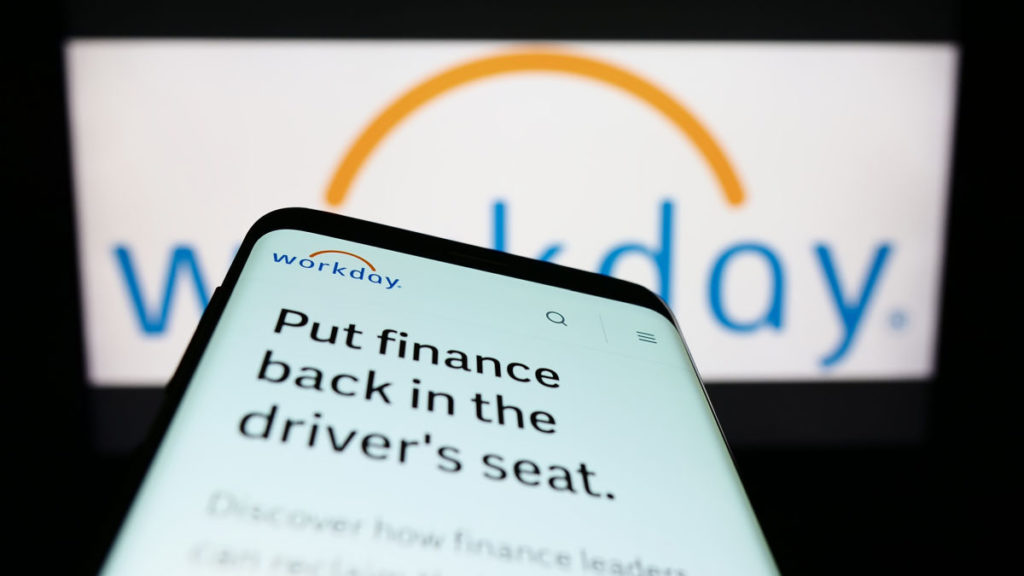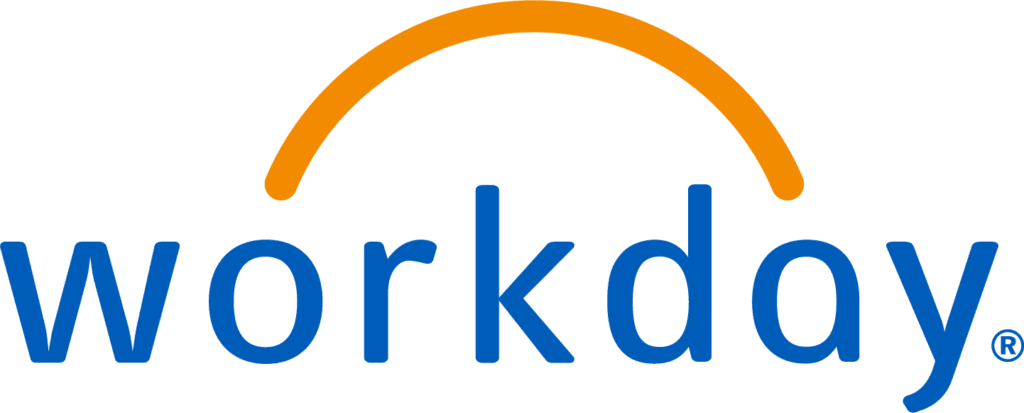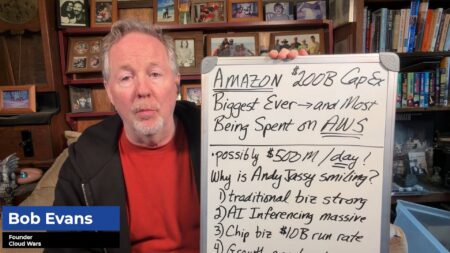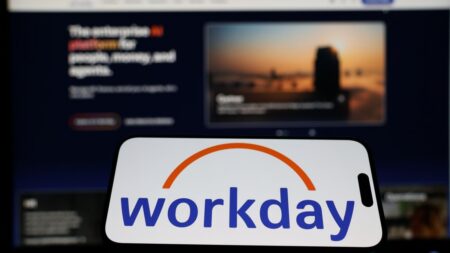
As a high-growth provider of working capital to trucking firms, Apex Capital has had to master the art and science of real-time business during these days of energy shortages, inflation, and interest-rate volatility.
And a key factor in Apex’s ability to move at the pace of its customers and their markets has been its deployment of Workday Adaptive Planning across the organization to generate end-to-end views of what’s happening inside and outside the company.
How important has Workday Adaptive Planning become to Apex? Check out this testimonial from CFO Joseph James, who admits to having been a bit skeptical about the planning solution before he had a chance to see it and work with it.
“Fortunately, through our evolution of bringing on first Workday HCM and then going into Workday Financial Management, the natural progression was putting in Workday Adaptive Planning,” said James. “That was something that I wasn’t sure I needed at first, but then as time went on and we stabilized our systems and really saw the benefits of it, we put in Adaptive. And now as CFO, that’s honestly where I spend most of my time: in those iterations around the business and doing the things I have to do as a CFO.”
Right after noting his extensive use of Workday Adaptive Planning, however, James also emphasized the enormous value to Apex of having frontline workers across all departments and functions fully up and running on the planning system as well. “Where we’re at now is how do we get that data to the individual stakeholders. You brought up scenario planning, and one thing I’ve really worked on in the budgeting and forecasting processes is to make sure that all of our stakeholders — whether it’s risk or operations or sales — have their voice in it,” James said. “Because we simply cannot allow it to be just a finance forecast — that’s not what a forecast is! As the CFO, yes, I own it with everyone, but it’s not a finance forecast — it’s the business’s forecast.
“So we have to be able to parse things out from across the company: the sales plan, the operational metrics, efficiencies, and all that, and make sure our stakeholders have their voices heard and make them heard in those scenarios.
“That’s what Workday Adaptive Planning brings to us, and I’m very, very happy to have it in place.” In our conversation, it was fascinating to hear James fuse his impressions of the business clarity and insight that Workday Adaptive Planning brings — outcomes that might be expected — with the unexpected impact the planning solution has had on the culture of Apex.
And that’s not just a throwaway observation, because culture has been essential to Apex since the company was founded 25 years ago, and remains a force today as the company requires exceptional people to manage through the wild and intense disruptions buffeting the trucking industry.
“Our clients need to be focused on their own business, right? And that is not worrying about working capital, and it is not worrying about the back office, and it’s not worrying about any of those different elements that they didn’t get in business, honestly, to do,” James said.
“That’s not why they wanted to own their own business, set their own schedule, and follow the American Dream, which trucking is a great example of. But at the same time, they need a great partner to do that, and that’s where we’ve come in,” said James, citing the vision the company founder, David Baker, had a quarter-century ago. And that’s where, for Apex, the ability to deploy modern technology such as Workday Adaptive Planning becomes not only a way to “respond quickly” — a phrase James uses frequently — but also to shape a winning, high-growth culture that great talent is eager to be a part of.
” I’ve never seen anything quite like the battle for talent that I’m seeing now. We’re proud to say at Apex Capital that we’re one of the best places to work in Texas: #6 in the state, and #1 here in Fort Worth,” James said.
“My first charge from our CEO and our board — #1 — is to protect the culture and develop the culture, and the way we measure that is being one of the best places to work.” A big element of that is the ability for each Apex employee, across every department, to understand the high-level strategy and direction of the company, and Workday Adaptive Planning has become indispensable in driving that outcome. “The experts in the individual lanes within a company know their stuff, but it can be very ethereal,” James said.
“It has to get reduced to writing or reduced to a cohesive model so that we all nod our head when we look at operations, sales, and risk and can then say, ‘Yep, I got it.’ Because now they’re all linked to each other.” And with Workday Adaptive Planning, Apex can create that linkage in every planning exercise it undertakes. “I love talking to our account executives that are client-facing, and then I’m seeing metrics in the market, initial tender rejection rate, diesel prices, and I see all these things happening. And I go model all that with my team and we ask, ‘Do the models sync up with the stories I’m hearing from the account executives who hear the voice of our clients about where their margins are at?'” James said. “Then there’s the very unfortunate war in Ukraine, and what that did to diesel prices with a big spike. These are the things where you’re like, ‘Man, I didn’t see that coming. But we still have to respond very quickly because by the time I get back to my desk, I’ve got people calling me, and the lines are all lit up and they’re asking me what I think is going to happen to our business.” In those situations, everyone’s got an opinion — but what the business needs is clarity and precision, not opinions. And until you can reduce it to writing and run it through your models, those opinions are just not very important.”
In the fast-moving worlds of transportation and finance, where so many volatile variables are constantly at play, insights must be precise and they have to be fast. “One of the things I’ve seen from the CFOs I’ve worked for my career is the awesome evolution of data and the speed at which you can do things. And I honestly think Workday Adaptive Planning is a great, great example of that,” James said. “That’s why we bought it. Because in business, you only get to take so many cuts, and you ultimately only get so many bites at the apple when you’re doing scenario modeling. Because people need to know, like, now!”
Want to learn more about Workday Adaptive Planning?
Watch a demo and explore use cases here.










